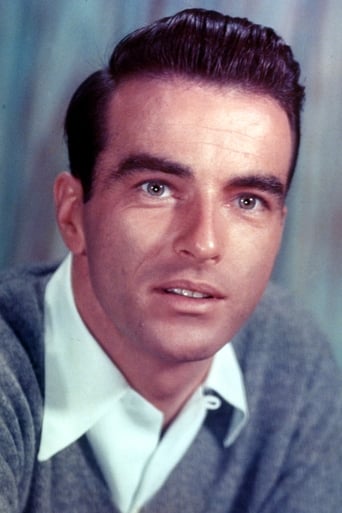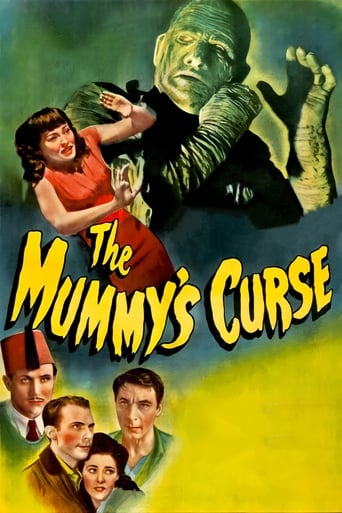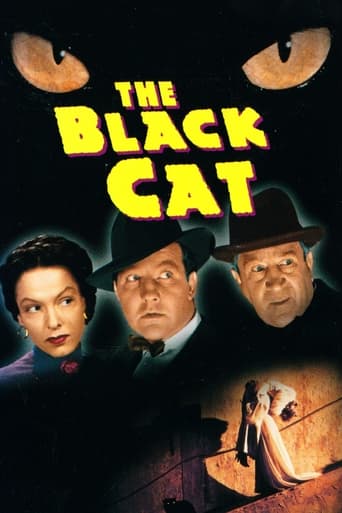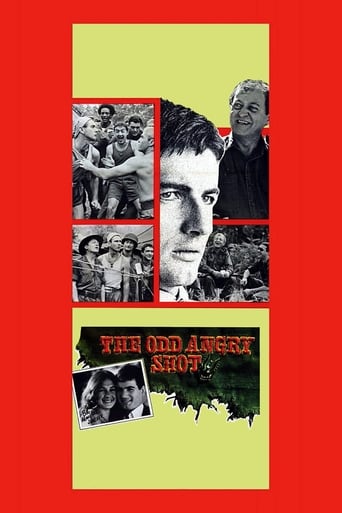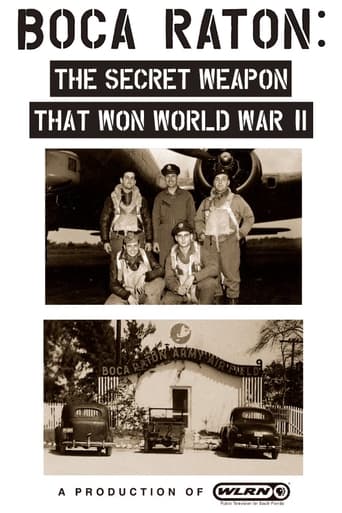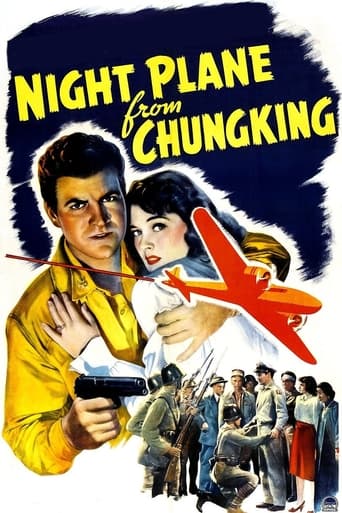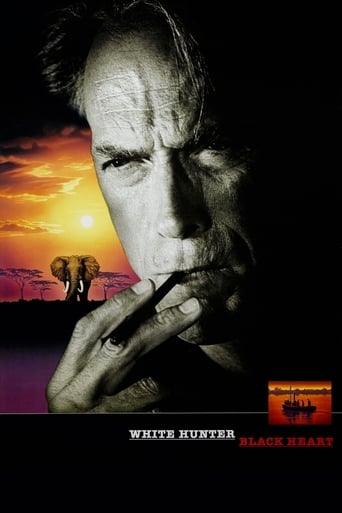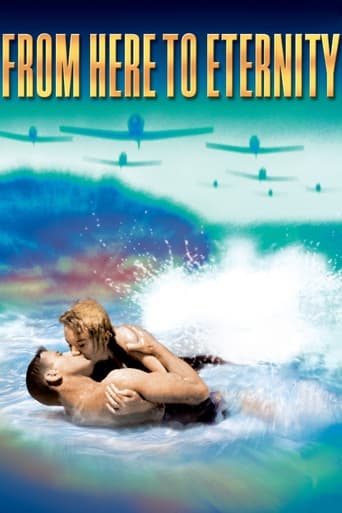
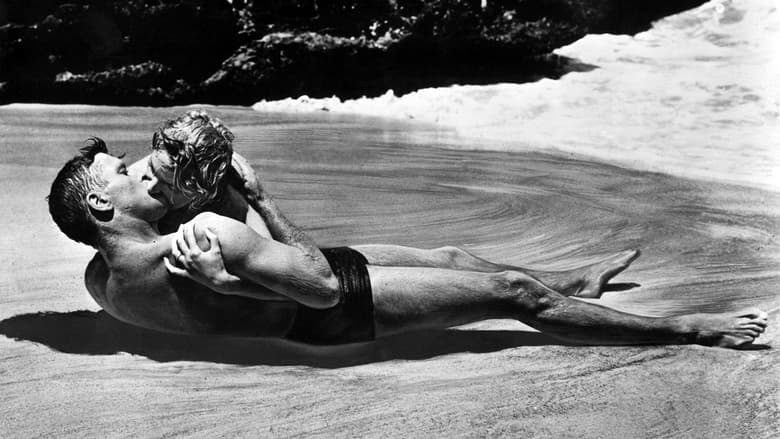
From Here to Eternity (1953)
In 1941 Hawaii, a private is cruelly punished for not boxing on his unit's team, while his captain's wife and second in command are falling in love.
Watch Trailer
Cast
Similar titles


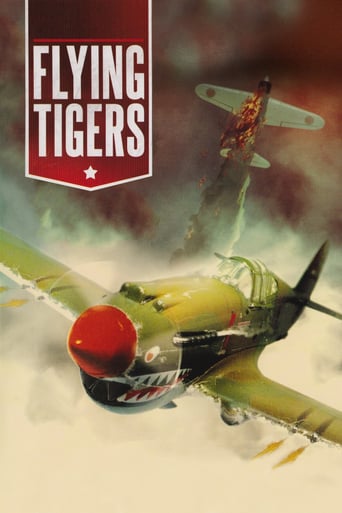
Reviews
Touches You
Good concept, poorly executed.
Excellent but underrated film
Good films always raise compelling questions, whether the format is fiction or documentary fact.
Copyright 15 September 1953 by Columbia Pictures Corp. New York opening at the Capitol: 5 August 1953. U.S. release: September 1953. U.K. release: 25 January 1954. Australian release: 15 October 1953. Sydney opening at the State. Full-length 118-120 minutes version shown in North America and Australia. Censored to 114 minutes in the U.K.Best Film of 1953 — annual Film Daily poll of over 500 American film critics. Best Film of 1953 — annual Photoplay Gold Medal Award, as voted by over three million North American picture-goers. Best Motion Picture of 1953 — New York Film Critics. Best Male Performance of 1953, Burt Lancaster — New York Film Critics. Best Direction of 1953, Fred Zinnemann — New York Film Critics.The National Board of Review cast a dissenting note by voting "From Here To Eternity" into 3rd position behind "Julius Caesar" and "Shane". With a domestic rentals gross of $12.2 million, 3rd at the U.S./Canadian box-office to "The Robe" and "This Is Cinerama". One of the top twenty movies at U.K. ticket windows for 1954. A colossal money-spinner in Australia, the film came in 3rd to "The Greatest Show On Earth" and "Shane". Most Outstanding Directorial Achievement of 1953, Fred Zinnemann — Screen Directors Guild Award. Best Film of 1953 — Golden Globe Award. COMMENT: Zinnemann himself persuaded Montgomery Clift to undertake the pivotal role of Prewitt, ex-bugler, ex-boxer and professional soldier. He has been transferred to Schofield Barracks, Honolulu, where he refuses to join his company's boxing team despite Captain Philip Ober's determination to win the regimental championship. Ober orders Sergeant Burt Lancaster to give Clift "the treatment".Prewitt's spirit is sustained partly by his buddy, Frank Sinatra, who is beaten to death by a sadistic sergeant, Ernest Borgnine. Even this does not break Prewitt, whose girl, a prostitute from the New Congress Club (played by Donna Reed), cannot understand his loyalty. "What'd the army ever do for you, except treat you like dirt?" she asks bitterly, as he prepares to return to his company after the Pearl Harbor attack. To which Prewitt replies very simply: "What do I want to go back to the army for? I'm a soldier."The screenplay retains all the violence and pace of the novel, whilst eliminating much of its vulgarity and a little of its sex. Taradash has enormously improved the narrative structure, giving it a compactness and a polish that is lacking in James Jones's sprawling original. To it, Zinnemann has added his own refined craftsmanship. He has drawn superlative portrayals from his cast (Deborah Kerr's performance is possibly the best of her career), taut images from his wide-screen camera, and has effectively re- employed the editing devices of "High Noon". — John Howard Reid in "A Man for All Movies: The Films of Fred Zinnemann".AVAILABLE on an excellent Sony DVD.
I suppose that FROM HERE TO ETERNITY can best be described as the FULL METAL JACKET of the 1950s. It stars the eternally youthful Montgomery Clift (fresh from playing the role of the tormented priest in Hitchcock's I CONFESS) as a raw army recruit based in Hawaii during World War 2 who is subjected to endless bullying and bad behaviour for an unlikely reason: in peacetime Clift was an amateur boxing champion, and his superiors want him to join the army boxing team, but he refuses due to personal circumstances.It's a slight premise but as a film FROM HERE TO ETERNITY works very well indeed, in fact achieving the status of something of a classic. That's because it has real narrative depth and various sub-plots that interact in ways both expected and unexpected. The film boasts from a gritty realism and a lack of sentimentality that means not all of the characters are going to have happy endings. Frank Sinatra shines in the role of a brash young recruit who falls foul of Ernest Borgnine in a star-making performance as a bully. Burt Lancaster is the weary sergeant trying to hold everything together. The story climaxes with the attack on Pearl Harbor, portrayed in a way that is just as powerful as you could hope for.
Whereas the film is fun to watch on its own merits, it begs going back and reading the book if it can be got hold of nowadays. (December 2016 is when I type this review.) I have a number of questions, not the least of which is, where are the other officers in captain Holmes' company? A company was (and still is) composed of a number of platoons (three in those days; I thin that still holds true today) each led by a second lieutenant. Whether or not a fourth, 'heavy weapons' platoon (with mortars and machine guns) was also included, I don't know. I have it on good information that by July 1943 an infantry rifle company n the U.S. Army had six officers and one hundred and eighty-seven enlisted men; I'm not sure about the order-of-battle strength as of the 1941 Table of Organization. I also know that the 1943 company did in fact have a heavy weapons platoon, but that's really neither here nor there; the point is, there should have been a number of lieutenants in the company, one or more of which might not have approved of what the non-coms were doing in order to get Prewitt to box. That might have generated more conflict between Holmes, these officers, and the non-coms in question. It would become a conflict of the captain and the non-coms against Prewitt and the Lieutenants, with Warden caught in the middle. How's that sound? Other than that, the movies is always a good watch, but like I said above, it makes yo want to go back and read the book. The same holds true for the Harry Potter films and any other film based on a book. That way, you're never in the dark about what characters might be thinking. You also get to see what was left out of the film and, in this case, what all the fuss was about.Every character has his 'character merits', but Warden, the consummate professional staff enlisted man, is my favorite. It's guys like that who make the army run smoothly from day to day. I also like the way he takes charge as the Japanese air strike unfolds. Prewitt was right; he would have made a good officer.
"A man should be what he can do." 'From Here to Eternity' (1953) embodies a whole new glimpse on U.S. history film all on its own. Shot in glorious black and white with a sharp, savvy screenplay and directed by the great Fred Zinnemann, (who had directed High Noon a year prior,) does this picture accurately capture the life of the soldiers that are stationed on the Schofield Barracks on the Hawaiian island of Oahu in late 1941? Let's take a look. Entering into the surprise attack on Pearl Harbor, thus beginning World War II and while waiting around on the island, it is revealed to the viewer the soldier's emotions of boredom and utter loneliness. The film stars many popular actors of the day. Montgomery Clift plays Private Robert E. Lee Prewitt, transferred to the barracks of Oahu. There, Captain Dana Holmes, played by Philip Ober, learns of his talent as a talented boxer and pressures him into joining a regimental boxing club in which Prewitt stubbornly rejects. 1st Sergeant Milton Warden, played by Burt Lancaster, agrees to change Prewitt's mind by making his life as difficult as possible. Prewitt is also supported by his friend Private Angelo Maggio throughout, played by Frank Sinatra.In discussing the history portrayed, it tells the viewer that it was designed to show a world that, even though tropical and lush, would soon unfold near the end into traumatic chaos and destruction. It was shown at a time just before the surprise attack on Pearl Harbor where young soldiers were sent off to be stationed far away, and not one of them really knew what was going to happen or what the next day would bring forth. World War II was indeed on the deadly brink of a surprise attack, and every American soldier knew that they had to be on their guard nonetheless.In prevailing attitudes/prejudices that were noticeable, one example would be the constant squabbling and rough-necking between Maggie and the bigoted Staff Sergeant James R. "Fatso" Judson, played by Ernest Borgine. One night, Prewitt and Maggio are in a bar and Maggio is so inebriated that, according to him, "Fatso" is playing the piano too loudly in the background. This ensues into Maggio and "Fatso" almost having at it in the middle of the bar, only to be broken up by Prewitt. But their bantering does not end there. Later on in the film, their disdain for each other unfolds into a knife fight in a back alley, in which Maggio winds up in the stockade by "Fatso" for antagonizing him. "Fatso" beats the new prisoner repeatedly until Maggio escapes to find Prewitt and then tells him of all the pain he has endured and then dies in his arms. Prewitt sets out to find "Fatso" and kills him in revenge with a knife fight, and Prewitt receives a sharp slash across the stomach in return. He is later shot by a sentry after coming out of hiding.In describing historical accuracy, it probably comes close as to where the soldiers and recruits are just marching or hanging out and enjoying the paradise around them. Many of them back then may as well have done that. However, the locations was a beautiful oasis, and the surprise attack neat the end of the film comes very close to an accurate depiction. The side-angles of the planes zooming in or overhead dropping bombs were amazing effects, as well as guns being fired by the soldiers and the loud explosions of shells going off everywhere on the island. The air once filled with a tropical breeze was now choked in the thick black smog of war. The time period itself was quite accurate too, even though it was twelve years after the actual event had occurred. And the barracks looked just like they would have that the soldiers were stationed in. Nonetheless, great accuracy and detail throughout the picture.My overall reaction towards this film is that it is one of Zinneman's best. His directorial persistence and settings in this film are as only he can do them. The film was indeed worth watching. Some parts were slow and mushy, including the famous love scene on the beach portrayed by Lancaster and Deborah Kerr laying on the sand as a wave crashes over them, to brutish as Maggio and "Fatso" duel it out with a knife fight at night in a black alley. The most action is near the end of the film with the famous surprise attack on Pearl Harbor itself, when air raid sirens are blaring and gun shots and explosions light up the tropical sky. It is, after all, a classic World War II movie masterpiece, with intriguing action, fight scenes, romance and explosions. How I reacted to the film as a moviegoer was for me, quite a unique experience. I really had no idea what I was in for. I actually felt the hardships and loneliness of the soldiers being stuck on the island, not knowing what would happen or when they would return home. I also felt the horrors of the surprise attack when the bombs where booming and the blood was flowing. All in all, a great movie experience.'From Here to Eternity' was one of the greatest films on U.S. history that I had the privilege of viewing. I thoroughly enjoyed the plot, the actors and actresses and the beautiful settings portrayed, filled with action, flair and horrific atrocities and aftermath of war. The film had thirteen nominations and won eight Academy Awards. Every detail and precision in this film paid off magnificently. A film unique among films, this truly is a must-see for all U.S. history film buffs or for anyone who wants to experience the same pleasure and gratification I had personally gained from watching this wonderful classic motion picture about friendships, romance and war, thanks to Mr. Zinneman and Mr. James Jones novel-turned-feature as well.


